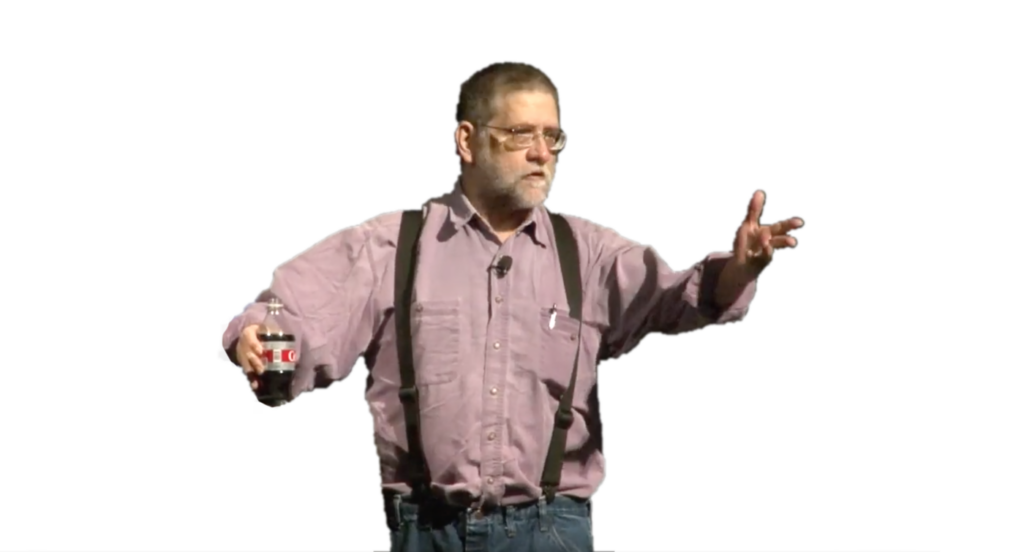Let’s talk about the basic concept of the "making app". I’ve written about this before, and demoed it in some of my public project walk-throughs, but there’s no single straightforward explanation out there, so let’s take a swing. What is a "making app", and why might one want to roll one for a project? In […]
Read MorePsst...
Self-paced online course coming soon.
Sign up to get an early access discount.
